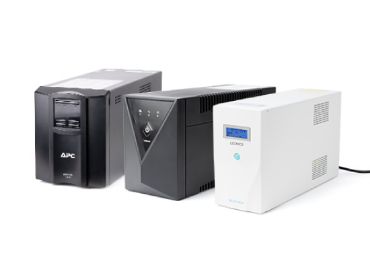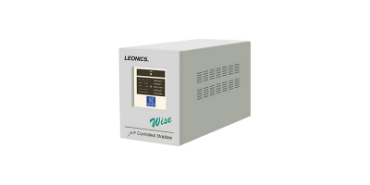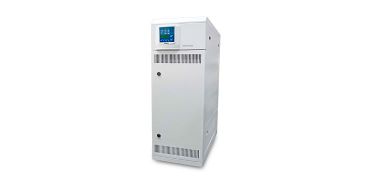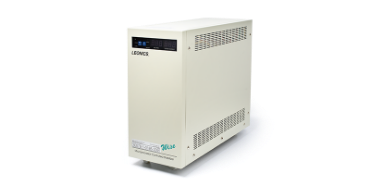Energy Backup
Energy backup refers to processes or systems that store energy for use in case of a disruption in the main power supply. For example, when there's a power outage or an issue with the primary power source, the backup energy system steps in to provide power to devices or systems, ensuring they can continue to operate without interruption.
Examples of energy backup systems:
UPS (Uninterruptible Power Supply): A device that provides short-term power when the main power supply fails. It allows computers and other electronic devices to keep running long enough to save data and shut down properly.
Backup Batteries: These store electrical energy for use during power shortages or in areas not connected to the main power grid.
Generators: Machines that convert fuel, such as diesel or gas, into electricity, typically used during extended power outages.
Solar Power Systems with Batteries: Solar panels paired with batteries store energy from the sun, providing electricity during nighttime or when sunlight is insufficient.



























































